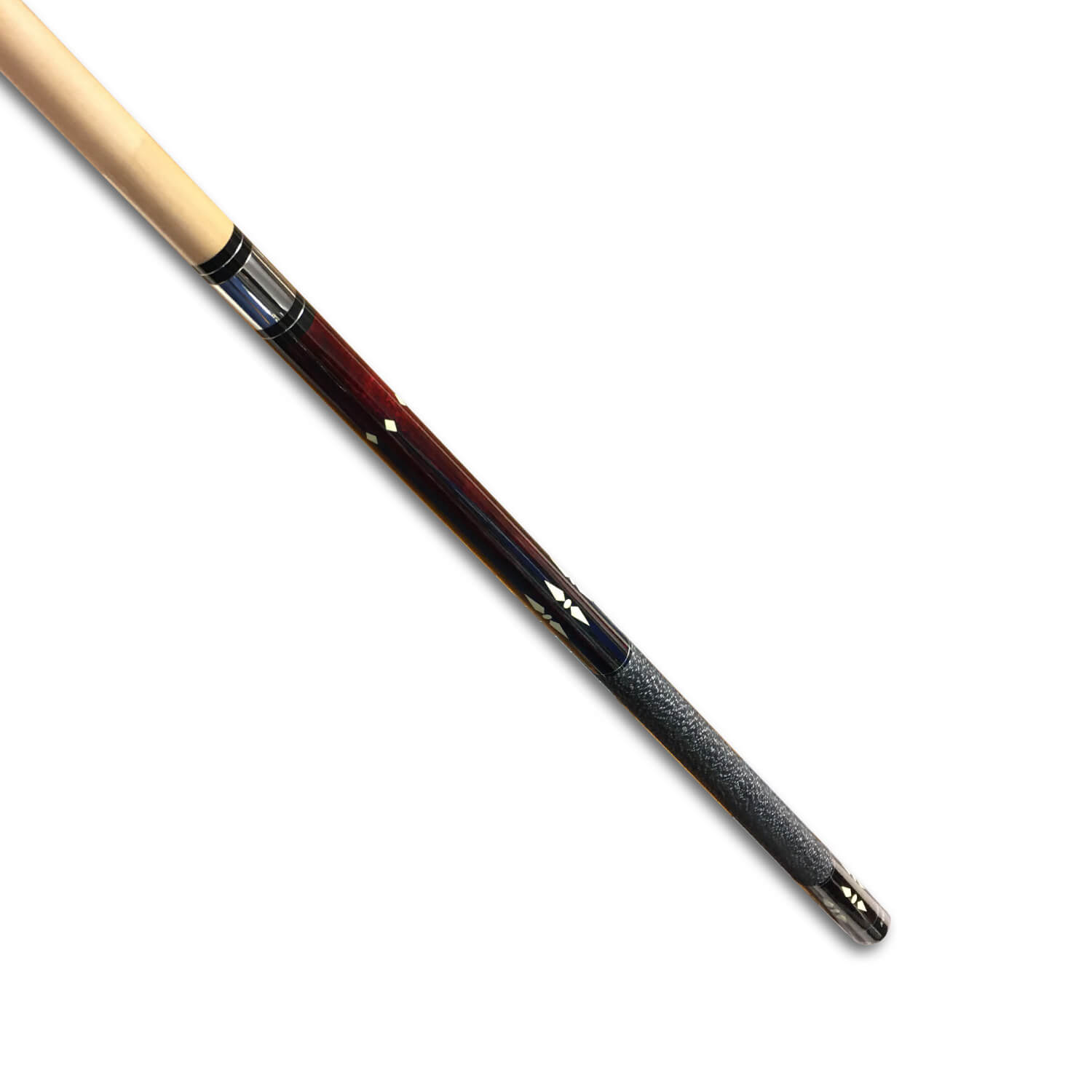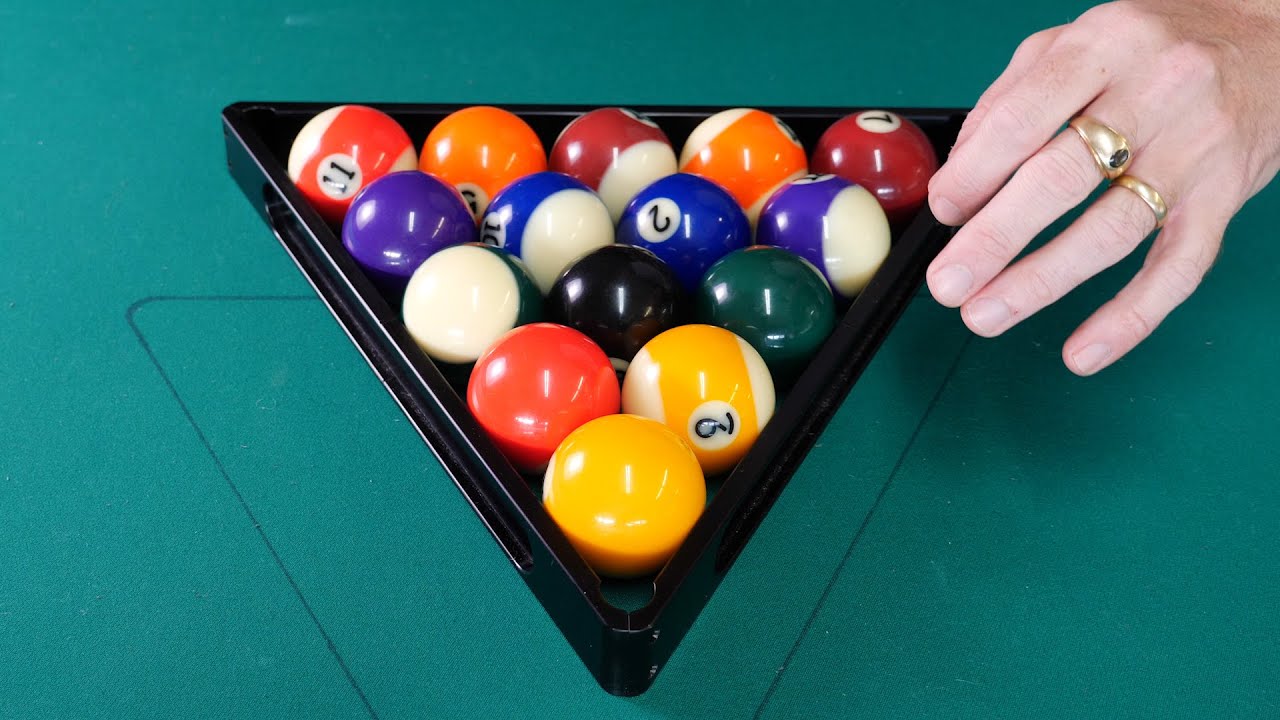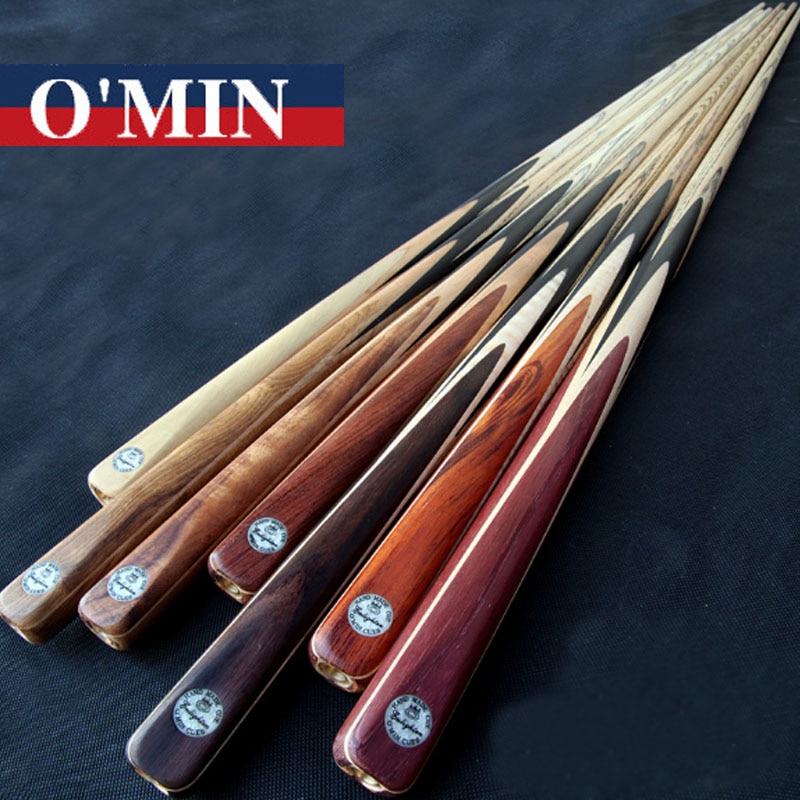
You can make pool balls from many different materials. These materials include plastics, wood, and phenolic compounds. Each material has its strengths and weaknesses. Despite the numerous options, phenolic resin pool balls are usually the most durable and long-lasting.
The phenolic resin balls are durable and strong, but they are also scratch-resistant. They are typically more expensive but well worth the increased cost. This is due to their unique surface, which is high in density.
Phenolic Resin, a strong and long-lasting substance, has been used in many industries. It is made from phenol and formaldehyde. This mixture is then molded under extreme pressure to form the ball. It is resistant to extreme temperatures and has high bonding power. Furthermore, phenolic phenolic is resistant to chipping because of its molecular arrangement. The phenolic resin pool ball can last five to six times as long as polyester balls.

Plastic compounds are also considered to be very durable and non-flammable. But they also have their flaws. For instance, they tend to lose their shine quicker than phenolic resin balls. They can also cause burn marks to the table if they are used.
In the 19th century, plastics were still in their infancy. Leo Baekeland, an American chemist, discovered a new chemical that could mold to make a plastic-like substance. Bakelite was his invention and it was used in the manufacturing of billiard ball balls. As the popularity of billiards grew, this new material became the standard.
The material gained popularity in the United States during the 20th century. Wealthy people could buy it. Even though it was still very expensive, it offered more durability than wooden. By the 1920s, the material was replacing wood in the production of billiard balls.
The majority of professional pool balls today are made from plastic or phenolic compounds. This material is far more durable than ivory and wood. Although it is more costly, this material is well worth the investment for people who play frequently.

You can learn how to billiards by purchasing a set professional pool balls. To ensure that your game is safe, you can also purchase an accessory kit for your pool table. This includes additional pool balls and other equipment.
Another option is to purchase synthetic materials, such as acrylic or polyurethane. These materials are cheaper but have their downsides. Although they do not lose their shine as quickly than phenolic crystal balls, they are less durable and can easily deteriorate. They aren't as resistant to scratching as phenolic.
However, if your budget doesn't allow you to purchase a set, you can still look for polyester balls. Polyester balls may be cheaper but they aren’t as durable. Some of them could even break. Make sure you only buy polyester balls from well-respected brands.